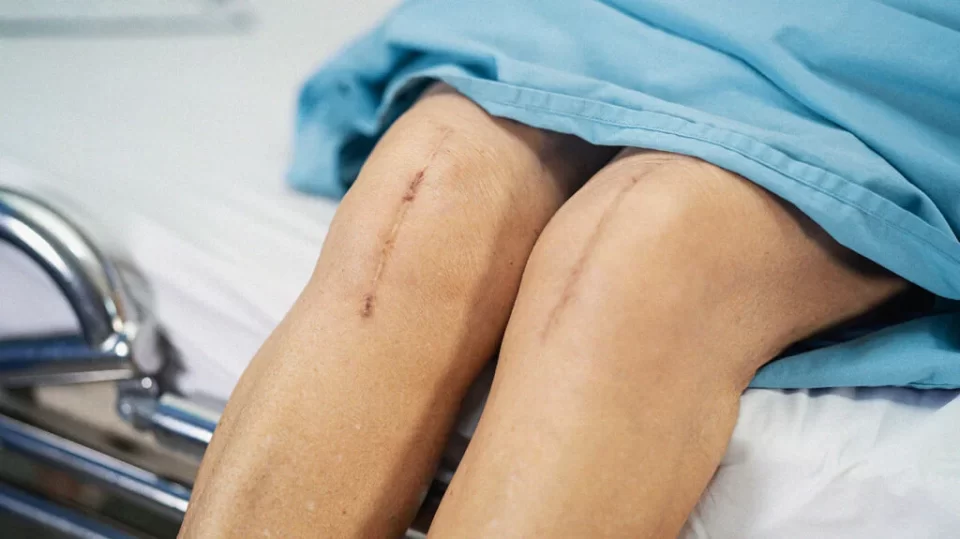Joint replacement surgery is a popular procedure these days, with the most common ones being hip, knee, wrist, elbow, and shoulder. Thanks to the advancements in the medical field, joint replacement surgery has become super advanced in its techniques, methods, and materials. Most people have at least one family member or friend who has undergone this surgery.
While joint replacement surgery can relieve pain and improve mobility, several myths surrounding the procedure need to be debunked. Such myths can prevent patients from seeking the care they deserve. Consult with an expert for Venice joint replacement at 360 Orthopedics.
Myths about joint replacement
- You are too young for joint replacement.
One of the biggest myths about joint replacement surgery is that it is only suitable for people over the age of 60, but that is not true at all. You can never be too old or too young for joint replacement. If you are experiencing pain and have a history of joint problems in your family, your doctor may recommend joint replacement.
- You should continue with medication and avoid surgery.
It is true that doctors keep surgery as the last resort since the process can be invasive and come with a lot of complications. However, continuing medication is useless if you are not getting the desired results. Most medicines only provide temporary relief from pain and have various side effects that can affect your lifestyle. Many people opt for ozone treatment, acupressure, massage beds, and other alternative treatment, but they do not have enough scientific evidence to show that they work.
- You will feel a lot of pain.
Advancements in the medical field have made it possible to get surgeries without feeling any pain at all, at least during the procedure. You may experience certain uncomfortable complications post-surgery, but they should subside in a few days to a few weeks. The post-surgery pain is typically manageable with painkiller medication. Physical therapy and rehabilitation can also help improve mobility and manage pain.
- You are a poor candidate if you have pre-existing conditions.
Another big myth surrounding joint replacement surgery is that patients with pre-existing conditions like diabetes, heart disease, high blood pressure, cholesterol, etc., are not good candidates for the surgery and should avoid it. However, it is not true.
You can still get joint replacement surgery even with one or more of these conditions. You can consult with your doctor, who will assess your health condition and tell you whether you are a good candidate. They will also tell you your chances of a successful surgery.

